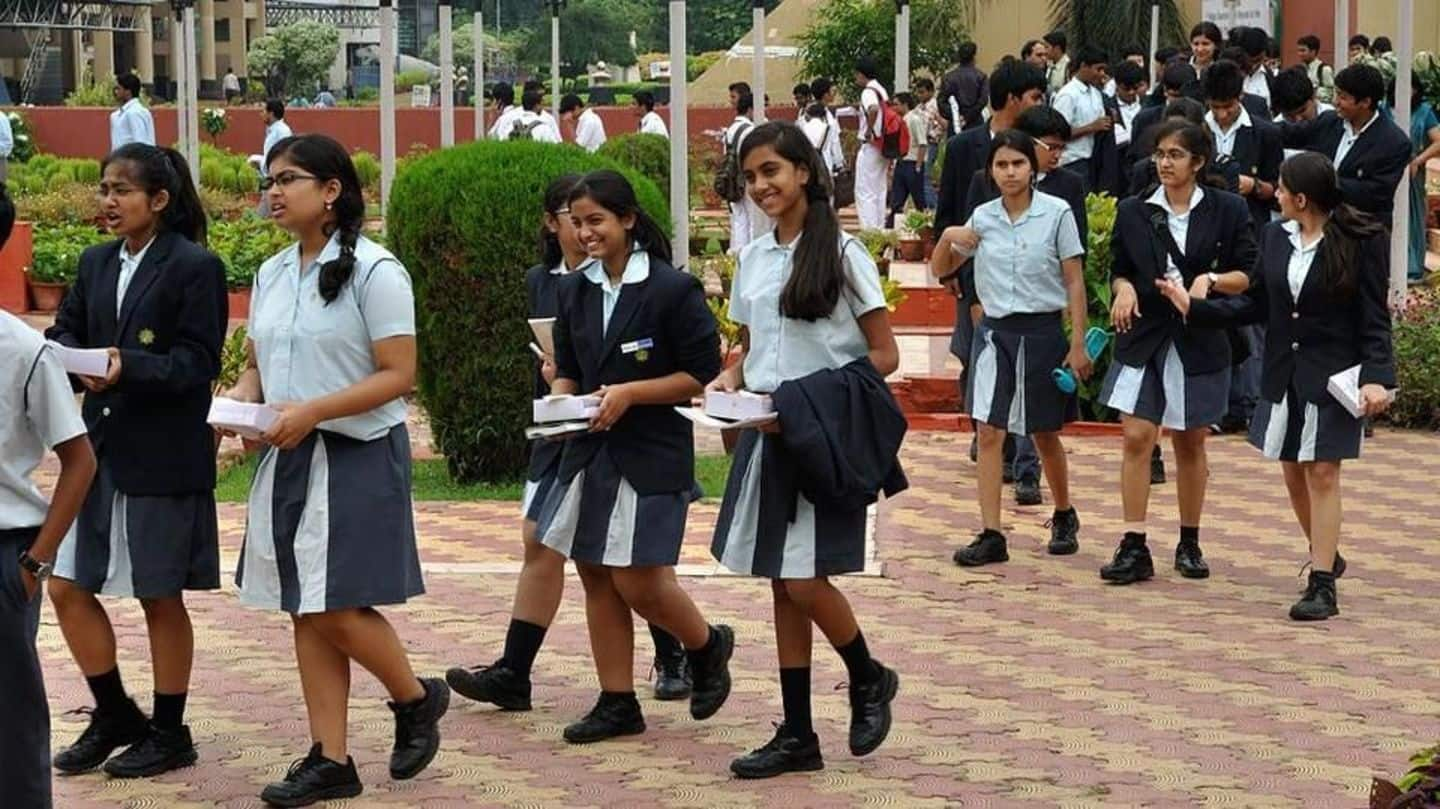
Do you feel your children are safe in schools?
What's the story
When a seven-year-old was found with his throat slit at a prominent Gurugram school, people were shocked. Even as the nation outraged, two more cases of sexual assault were reported, one from a Delhi school and another in Bengaluru. This brings to the fore the very important but often overlooked question: how safe are our children in schools? Can anything be done about it?
Guidelines
What are the HRD's directives on safety in schools?
The HRD Ministry has laid down guidelines to ensure safety of children in schools. For one, every school must get a security audit done by police. CCTV cameras must be installed at all vulnerable spots. Police verification of staff is must. Appointments should be made only through authorized agencies. Outsiders' access to the building should be restricted. These are only some of its directives.
Issues
Why are schools not following through?
For government and small private schools, the issue is lack of financial support. For the former, state funds are hardly enough to secure proper infrastructure. None of them can charge high fees since most students come from poor or middle-class backgrounds. Meanwhile, for big private schools, the focus of expenditure is more on infrastructure, facilities and various programs, less on safety checks.
Survey
As a result, a drop in parents' trust
It isn't surprising then that parents' trust on schools is at a low: only 28% parents rely on schools for their children's safety. The School Learners Network talked to 300 parents after the Gurugram incident and found 44% parents held the principal responsible for children's safety; 59% trusted the teacher. Parent interference in school affairs has also risen post the incident.
Government
The onus is not just on schools though
The government also has a certain amount of responsibility: it is after all responsible for approving schools. "If a school lacks safety provisions, or if it doesn't have basic infrastructural facilities like separate toilets for girls and boys and the staff, how and why does the state education department continue to give affiliation to such schools?" wonders Anubha Sahai, president of Indiawide Parents Association.
Future
What can be done to ensure children's safety in schools?
There's no one-stop solution for this issue. "To begin with, there should be regulations binding on schools to ensure there are no security lapses," says Arundhati Chavan, president of PTA United Forum. "Students also have to be sensitized about 'good touch, bad touch'," she adds. Overall, the matter needs to be resolved in cooperation of schools, parents, police and child rights bodies.
Quote
For now, what can parents do?
Sahai says in case of untoward incidents, parents can invoke the Juvenile Justice Act, 2000, the POCSO Act as well as select provisions of the IPC. "The National and State Commissions for the Protection of Child Rights can also be approached as well."